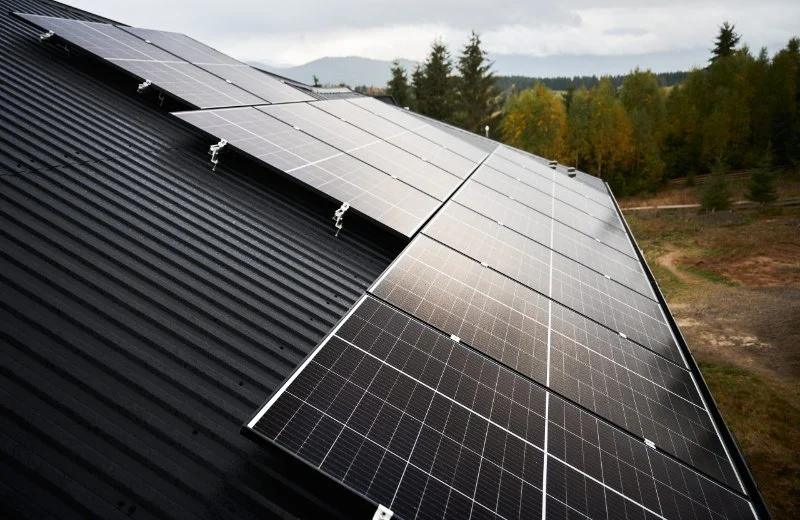
- 1. How Solar Panels Affect Your Roof’s Integrity
- 2. Considerations Before Installing Solar Panels
- 3. Is Your Roof Compatible for Solar Panel Installation?
- 4. Maintenance and Repairs of Your Roof with Solar Panels
- 5. Real-Life Case Study: Solar Panel Installation and Roof Integrity
1. How Solar Panels Affect Your Roof’s Integrity
Solar panels are a popular and sustainable energy solution, especially in Canada, where homeowners are looking for ways to reduce energy costs. However, it’s important to consider how solar panel installation can impact your roof’s integrity. While solar panels are designed to be securely mounted to your roof, the installation process can cause minor stress to the structure if not done properly.
Generally, solar panel installations are safe for your roof, but if the installation process is not handled correctly, it could lead to potential issues such as leaks or damage to the roofing materials. The weight of the panels and the need for roof penetrations to secure the system can affect the roof's long-term performance.
Understanding the potential impact on your roof’s integrity is essential for maintaining both the solar panels and your roof for years to come.
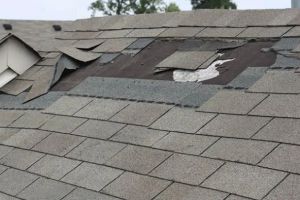
Best Roofer & Renovation / best roofing toronto
2967 Dundas St W #1584, Toronto, ON M6P 1Z2, Canada
2. Considerations Before Installing Solar Panels
Before you install solar panels, it’s crucial to consider several factors that could affect your roof’s integrity. Here are some key points to keep in mind:
- Roof Age: If your roof is nearing the end of its lifespan, it may not be the best time to install solar panels. You may need to replace the roof first, as solar panels can last 25 years or more, and you wouldn’t want to remove the panels soon after installation.
- Roof Condition: A roof that is in poor condition or has existing damage may not be able to support the weight of the solar panels. It’s essential to have your roof inspected by a professional before moving forward with the installation.
- Roof Structure: The structure of your roof plays a major role in determining whether it can handle the installation of solar panels. Certain roof types, such as flat roofs or those with significant slopes, may require specialized mounting systems to ensure the panels are securely attached without compromising the roof’s integrity.
3. Is Your Roof Compatible for Solar Panel Installation?
Not all roofs are equally compatible with solar panel installation. Here’s what to consider when evaluating if your roof is suitable:
- Roof Material: Different roofing materials can affect the ease and safety of solar panel installation. For example, asphalt shingles are one of the most common and compatible materials for solar panels. Metal roofs also provide a good foundation for solar installations, as they are durable and have the necessary structural integrity. However, tile or slate roofs may require additional care during installation to avoid cracking or damaging the tiles.
- Roof Slope and Orientation: The ideal roof for solar panels should be south-facing and have a slope of about 30 to 45 degrees to optimize solar energy collection. If your roof doesn’t meet these conditions, it doesn’t necessarily rule out the installation of solar panels, but it may reduce the system’s efficiency.
- Space Availability: Adequate space is required for a solar panel array. Your roof should have enough unobstructed space to accommodate the necessary number of panels for optimal energy production.
4. Maintenance and Repairs of Your Roof with Solar Panels
Once solar panels are installed, it’s essential to keep both your roof and solar system well-maintained. Regular roof inspections are critical to ensure there are no leaks or damage caused by the solar panel mounting process. Here’s what you should consider:
- Check for Leaks: Over time, roof penetrations can develop small leaks, especially if not sealed properly during installation. Ensure that the mounting brackets and panels are properly sealed to prevent water from entering your home.
- Roof Cleaning: While solar panels are generally low maintenance, your roof should be kept clean and free of debris. Leaves, dirt, and moss can affect both the performance of your solar panels and the longevity of your roof.
- Panel and Roof Inspections: Have both your roof and solar panels inspected regularly by professionals. Roofing experts can check for any signs of roof damage, while solar panel technicians can ensure that the system is running efficiently.
5. Real-Life Case Study: Solar Panel Installation and Roof Integrity
Consider the case of a homeowner in Toronto who decided to install solar panels on their roof. Initially, the roof was around 15 years old and had no major issues. However, after a thorough inspection, it was determined that the roof needed some minor repairs before solar installation. Once the repairs were completed, the panels were installed securely, and no further issues arose.
However, after five years, the homeowner noticed some water damage around one of the panel mounts. Upon inspection, it was found that one of the penetrations had started to deteriorate. Thankfully, the homeowner was able to address the issue quickly by having the panel removed, the penetration sealed, and the roof repaired without any major damage to the solar system.
This case study highlights the importance of regular roof inspections and proper installation techniques when adding solar panels to your home. By being proactive and addressing small issues early, homeowners can extend the life of both their roof and their solar system.
For expert advice on roof maintenance or to explore the best options for solar panel installations, visit Pickering Roofing for the right solutions for your home.

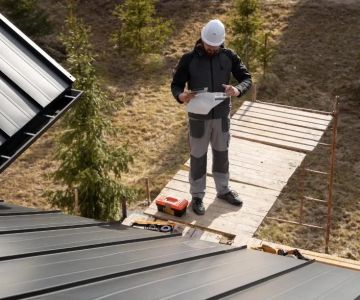
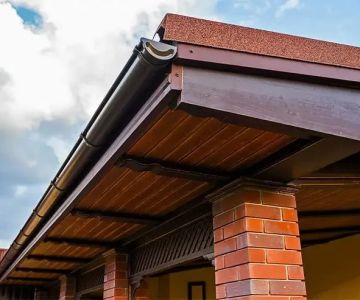
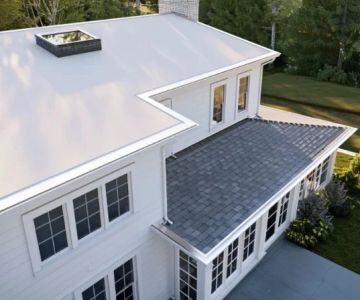
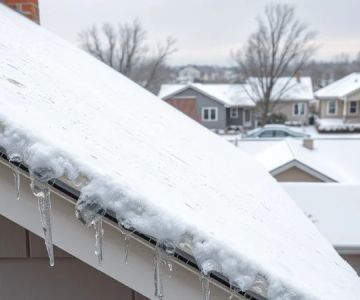
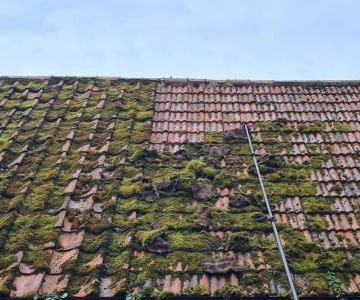
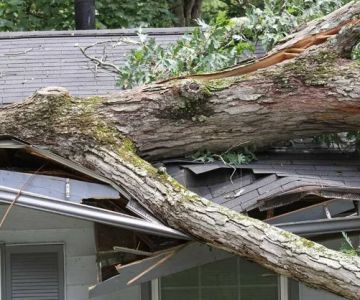
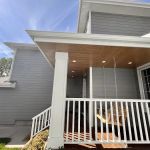 Everest Houses Ltd5.0 (13 reviews)
Everest Houses Ltd5.0 (13 reviews)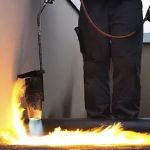 Done Right Roofing and Restoration3.0 (2 reviews)
Done Right Roofing and Restoration3.0 (2 reviews) Arcamm Roofing3.0 (14 reviews)
Arcamm Roofing3.0 (14 reviews)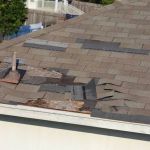 A2Z Roofing & Masonry5.0 (2 reviews)
A2Z Roofing & Masonry5.0 (2 reviews)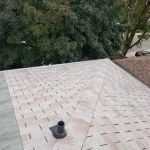 St. Louis Roofing4.0 (7 reviews)
St. Louis Roofing4.0 (7 reviews)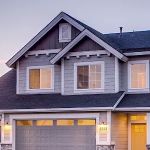 Toitures Aube Inc5.0 (3 reviews)
Toitures Aube Inc5.0 (3 reviews)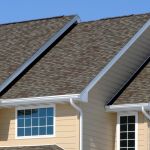 How Much Does a New Roof Cost in 2025? Canadian Roofing Price Guide
How Much Does a New Roof Cost in 2025? Canadian Roofing Price Guide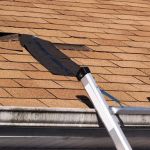 Top Signs Your Roof Has a Leak and What to Do About It in Canada
Top Signs Your Roof Has a Leak and What to Do About It in Canada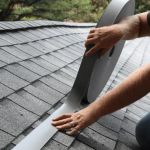 Can You Install a New Roof Over an Old One in Canada?
Can You Install a New Roof Over an Old One in Canada?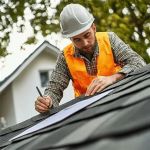 The Top Questions to Ask Before Hiring a Roofer in Canada
The Top Questions to Ask Before Hiring a Roofer in Canada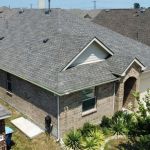 What Are the Most Common Roofing Scams and How to Avoid Them in Canada
What Are the Most Common Roofing Scams and How to Avoid Them in Canada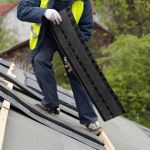 How to Prepare Your Home for a Roofing Project in Canada
How to Prepare Your Home for a Roofing Project in Canada